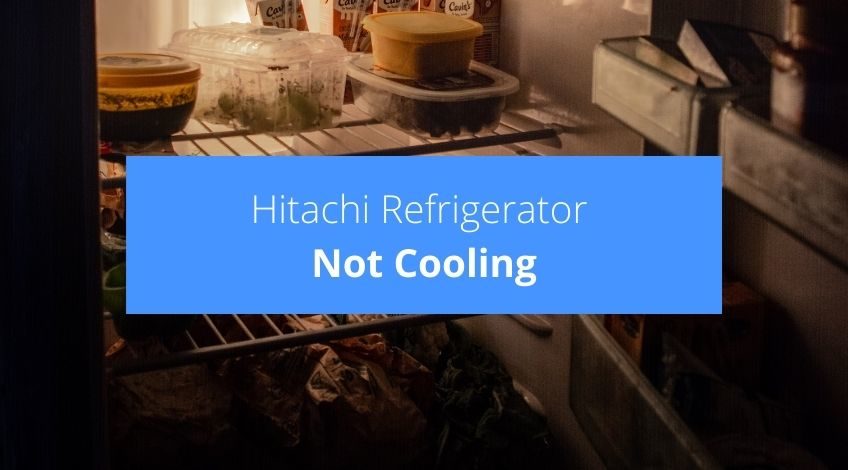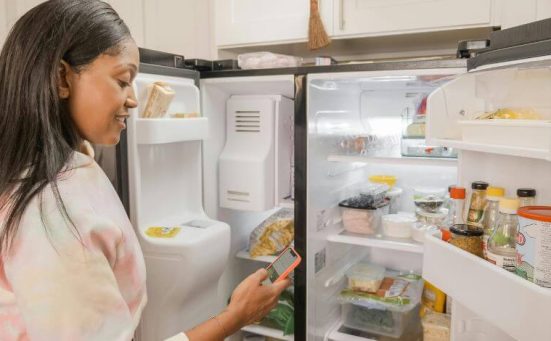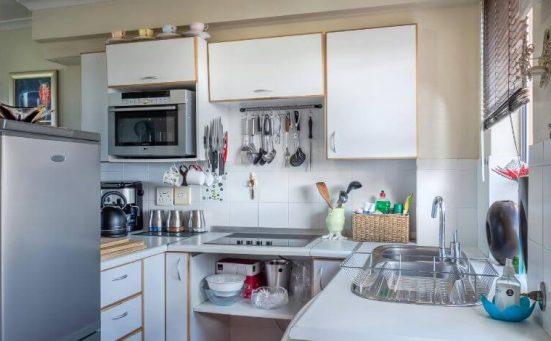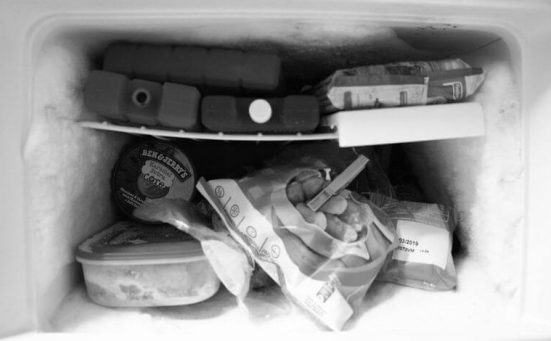
Hitachi Refrigerator Not Cooling? (do this now)
If you own a Hitachi Refrigerator and it’s not cooling it could be caused by a number of things. Keep reading to find out the probable cause and solution to your Hitachi fridge not cooling.
Why Is Your Hitachi Fridge Not Cooling?
The possible reasons why your Hitachi fridge isn’t cooling are numerous and diverse. Some are easier to fix than others. Only attempt to dismantle your hitachi fridge if it is no longer under warranty and you are confident in your abilities. Otherwise you could void your warranty and cause damage to the fridge and you could also endanger your life.
The probable reasons your Hitachi refrigerator isn’t cooling and the easiest to remedy are;
Power Outage
Obviously, if there is no power supply to your refrigerator it will be incapable of cooling down. This could be caused by a power outage, the switch on the plug socket is turned off or the breaker has been tripped.
If the breaker has been tripped and it only supplies the refrigerator you would be wise to contact Hitachi if your fridge is still under warranty or a fully qualified electrical engineer if the warranty has expired. Circuit breakers don’t usually trip out for no reason so it’s possibly an electrical fault in the fridge and needs further investigation.
Door Open/Gasket Damaged
If the refrigerator door is even slightly ajar, the appliance will not be able to cool sufficiently due to warm or humid air entering the fridge. The gasket or seal on the door could be damaged or have a buildup of dirt which will also allow warm, humid air to enter the refrigerator.
You should also limit the amount of times you open the fridge door during the day to as few as possible. Try removing all of the ingredients required for the meal you’re preparing all at once. Having the fridge door open for one minute while removing everything needed is far better than constantly opening and shutting the fridge door over a longer period of time. Constantly opening the door on the fridge will affect how cool the fridge can become and definitely take far longer to reach the set temperature.
Fridge Position
If your fridge is positioned in direct sunlight it will take longer to cool correctly. Likewise if it is placed close to a source of heat like a cooker, radiator or heating vent.
Thermostat/Temperature Control
It is easy to catch the temperature control when you’re busy and not fully concentrating. If the thermostat is set to an incorrect setting, reset it to the desired position. Check your hand book or user guide for recommended temperature settings.
Blocked Air Vents
The air vents allow a constant flow of air throughout the refrigerator. If these vents are blocked or even partially blocked, this will restrict the cool air flow which will result in the fridge not cooling properly. Air vents need at least 2 inches clearance at all times to allow a constant steady air flow.
The following reasons are more technical to fix but as long as you are careful they should be within the realms of most DIYers, they are;
Evaporator Fan Faults
The most common fault with the evaporator is caused by an ice buildup around the evaporator coils and fan. If the ice gets too thick, it will prevent the fan from operating which will prevent the fridge from cooling. The easiest way to solve this is run a defrost program if your fridge has one or manually defrost it if not.
The evaporator fan blows air over the evaporator coils to keep them cool. If the fan isn’t working and there’s no ice buildup you can use a multimeter to check for continuity. If there’s no continuity, replace the fan motor.
If the evaporator coils are frozen, the probable cause is opening the fridge door too often or leaving it open for long periods of time. If this isn’t the case, it could be the defrost heater is not working and will need replacing.
Condenser Fan Faults
The condenser fan keeps the fridge cool and prevents the compressor from overheating. If, on inspection, the condenser fan blades don’t spin freely, this is often caused by dirt buildup preventing it from spinning. Clean the dirt away and check the fan again, if it still doesn’t spin correctly you will need to replace the condenser fan motor.
Hitachi Freezer Not Cooling
If the freezer isn’t cooling the most likely cause is a fault with the evaporator fan.
Evaporator
It is common for the evaporator coils to get an ice buildup which prevents the evaporator from functioning correctly. To solve this, defrost the freezer completely and allow it to return to the correct temperature.
The most common cause of ice buildup on the evaporator is warm air entering the freezer either via an open door ro faulty door seal. Or putting hot food in the freezer, any of these reasons will create warm, moist air which will condense in the freezer (usually around the evaporator coils or fan).
Condenser
The condenser coils could be blocked by dirt and debris. If it is blocked it will prevent the condenser from cooling the compressor sufficiently.
Compressor
If it’s not the evaporator that’s causing the problem or the condenser, it could be the compressor. Either the actual compressor itself or more likely the start relay or capacitor has a fault. Or if the compressor feels hot to the touch it’s most likely the condenser fan that’s stopped working. You can check the capacitor and the start relay using a multimeter.
Frequently Asked Questions
If your refrigerator is running but not cooling it is most likely to be a fault with the evaporator. And usually it’s because of an ice buildup around the evaporator coils. Run a complete defrost to solve the immediate problem and try to keep the fridge door shut as much as possible in the future. This is because warm air is the main cause of ice buildup in refrigerators.
The most common cause for the fridge not being cold whilst the freezer is working fine is a faulty or blocked damper. The damper is a flap that allows cool air from the freezer into the fridge to decrease the temperature as necessary. If it is blocked or faulty, it cannot operate correctly.
Common causes of fridges warming up are, the fridge being over full, evaporator iced up, damper blocked, air vents blocked, condenser faults, compressor faults or a faulty door seal.




